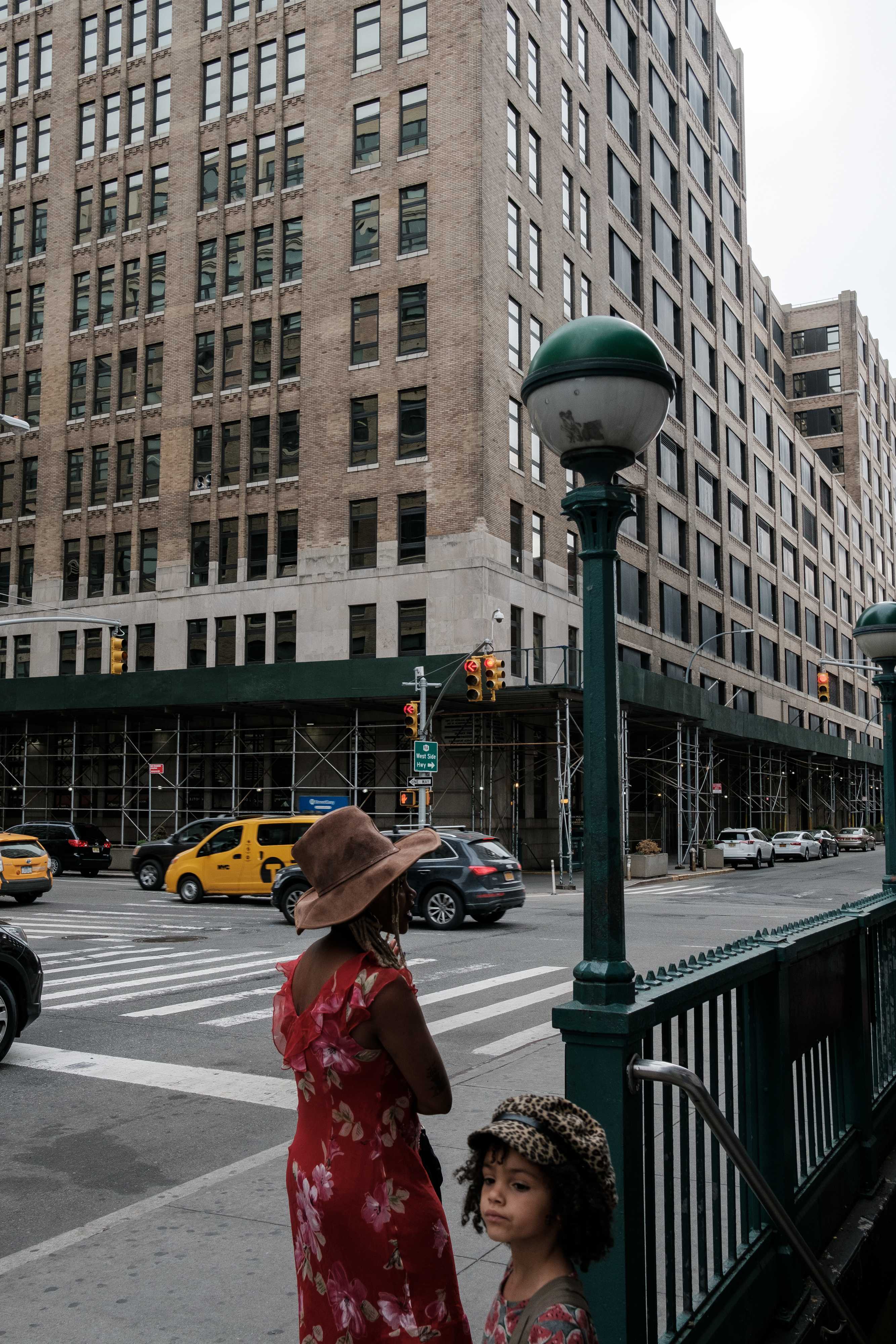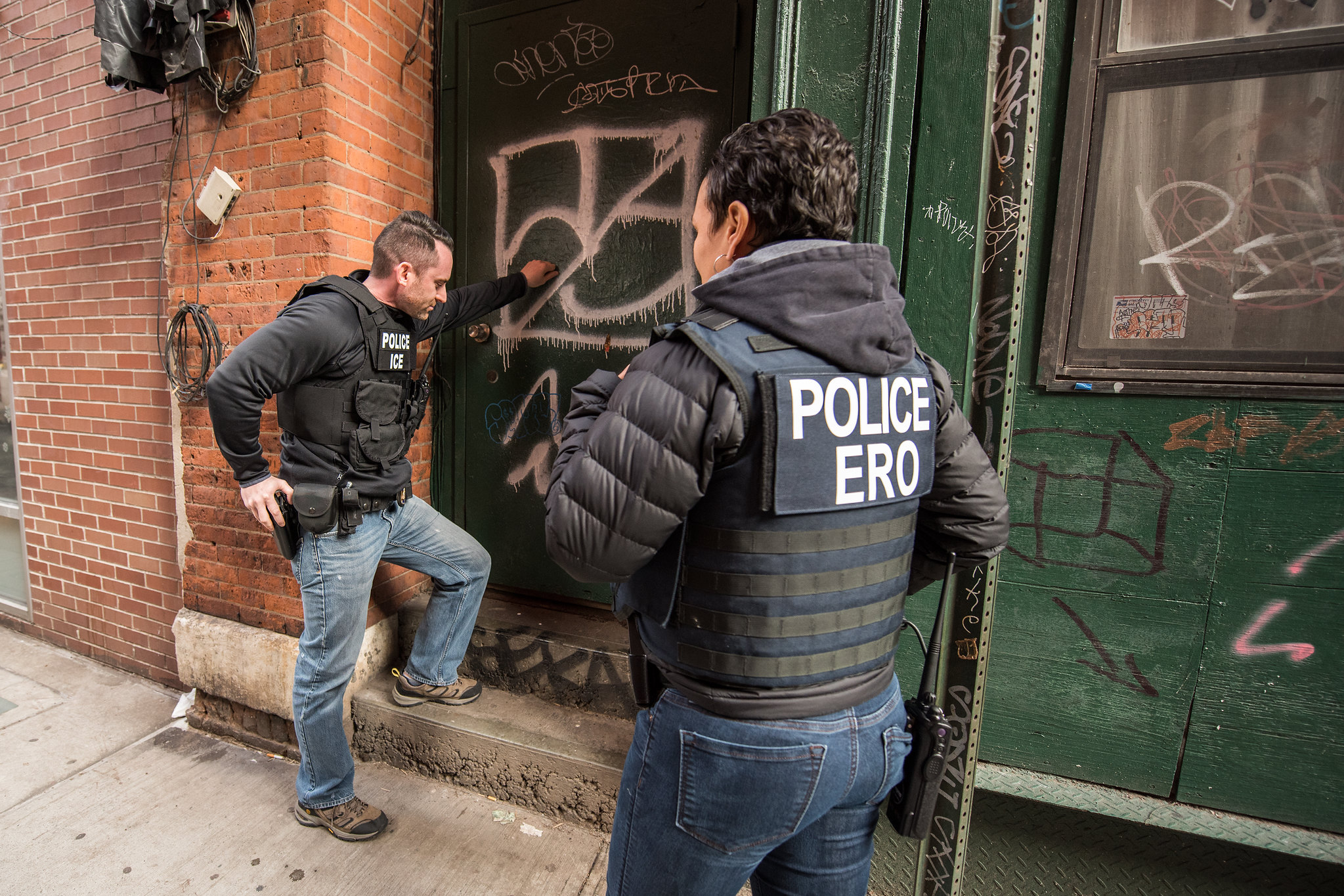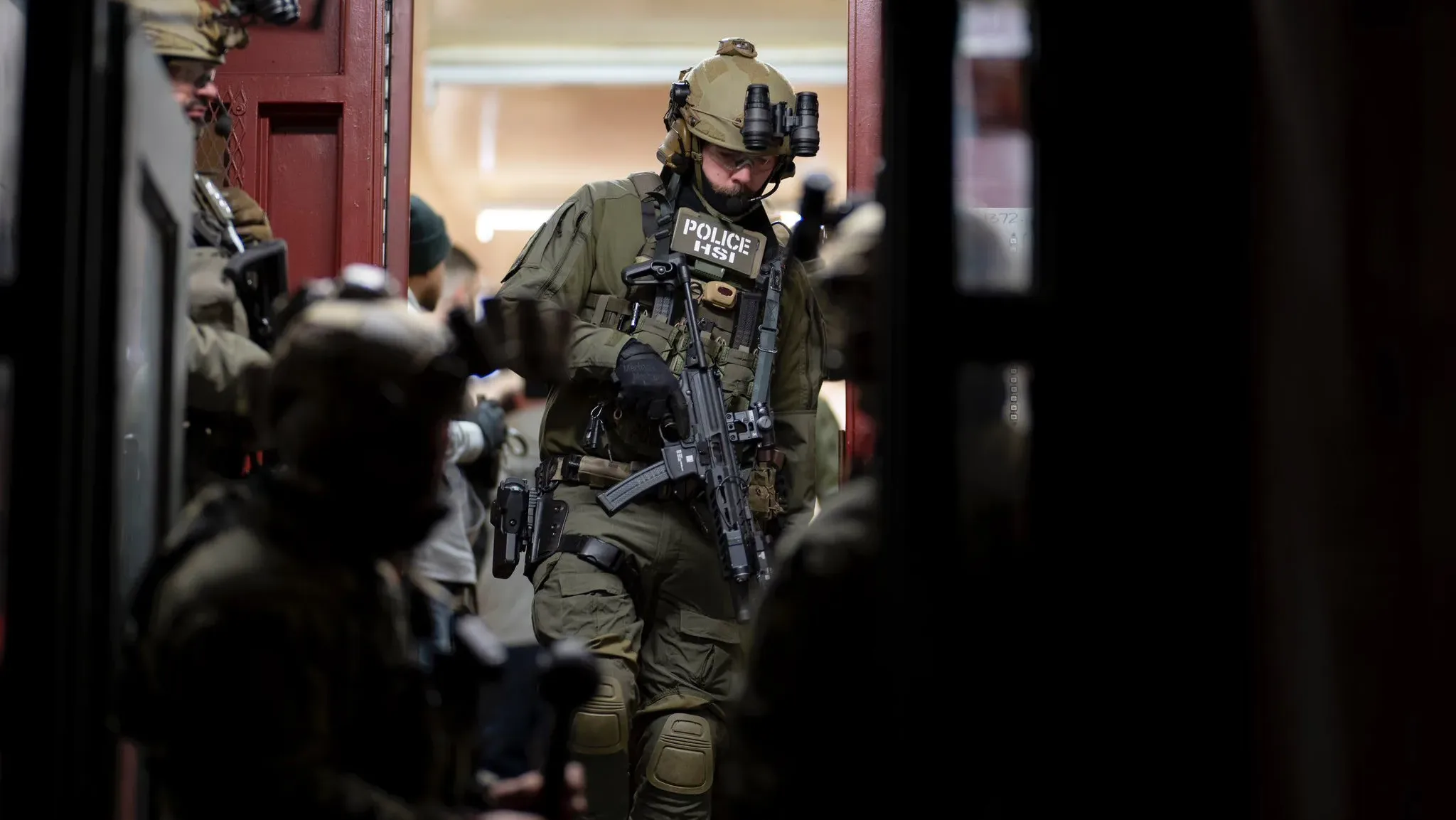The Varick St. immigration court in Manhattan was reopened on Wednesday after it was closed for a day due to a court staffer testing positive for the coronavirus, the Department of Justice confirmed on Wednesday.
Late on Monday evening, the Executive Office of Immigration Review, the agency within the DOJ that oversees the immigration courts, said that the Varick St. immigration court would be closed after a court staffer tested positive for COVID-19. Earlier that day, the National Association of Immigration Judges said a judge at Varick St. been diagnosed with pneumonia and was tested for COVID-19.
The decision to reopen the courts was met with confusion and anger as U.S. Immigration and Customs Enforcement attorneys, immigration judges and immigration lawyers have called on EOIR to shut down courts across the country.
“The Executive Office for Immigration Review (EOIR) has been carefully reviewing the information available from local, state, regional, and federal officials related to the coronavirus pandemic,” said John Martin, an EOIR spokesperson. “The agency continues to evaluate the dynamic situation nationwide and will make decisions for each location as more information becomes available.”
The agency has also received criticism for posting all updates about court openings and closures via Twitter at late hours in the evening. The reopening of Varick St., however, was not announced publicly.
The agency had previously postponed all non-detained hearings until April 10, which meant that the 26 Federal Plaza immigration court has been closed. However, immigration courts that hold hearings for immigrants who are in detention remain open, including Varick St., Batavia Immigration Court in Upstate New York, and Elizabeth Immigration Court in New Jersey.
“It’s like insanity has taken over the agency,“ said Fanny Behar-Ostrow, an ICE prosecutor and president of AFGE Local 511.
The National Association of Immigration Judges, The American Federation of Government Employees Local 511, a union that represents ICE attorneys, and the American Immigration Lawyers Association have formed an unprecedented alliance to push for the closure of the courts.
“With [New York] the epicenter of the virus, DOJ is failing to protect its employees and the public we serve,” NAIJ wrote on Twitter in response to the news of the court reopening.
Attorneys for the government and for immigrants are allowed to appear for hearings telephonically, while most immigrants appear via video teleconference link. However, restrictions on movement and the limitations on e-filing make preparing for cases extremely difficult for all parties. Lawyers cannot visit their clients in detention due to limitations placed on visits by ICE. While all parties are required to travel to the courts to file documents in relation to court cases.














